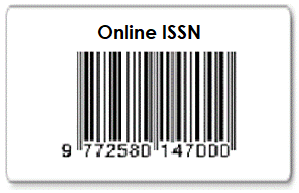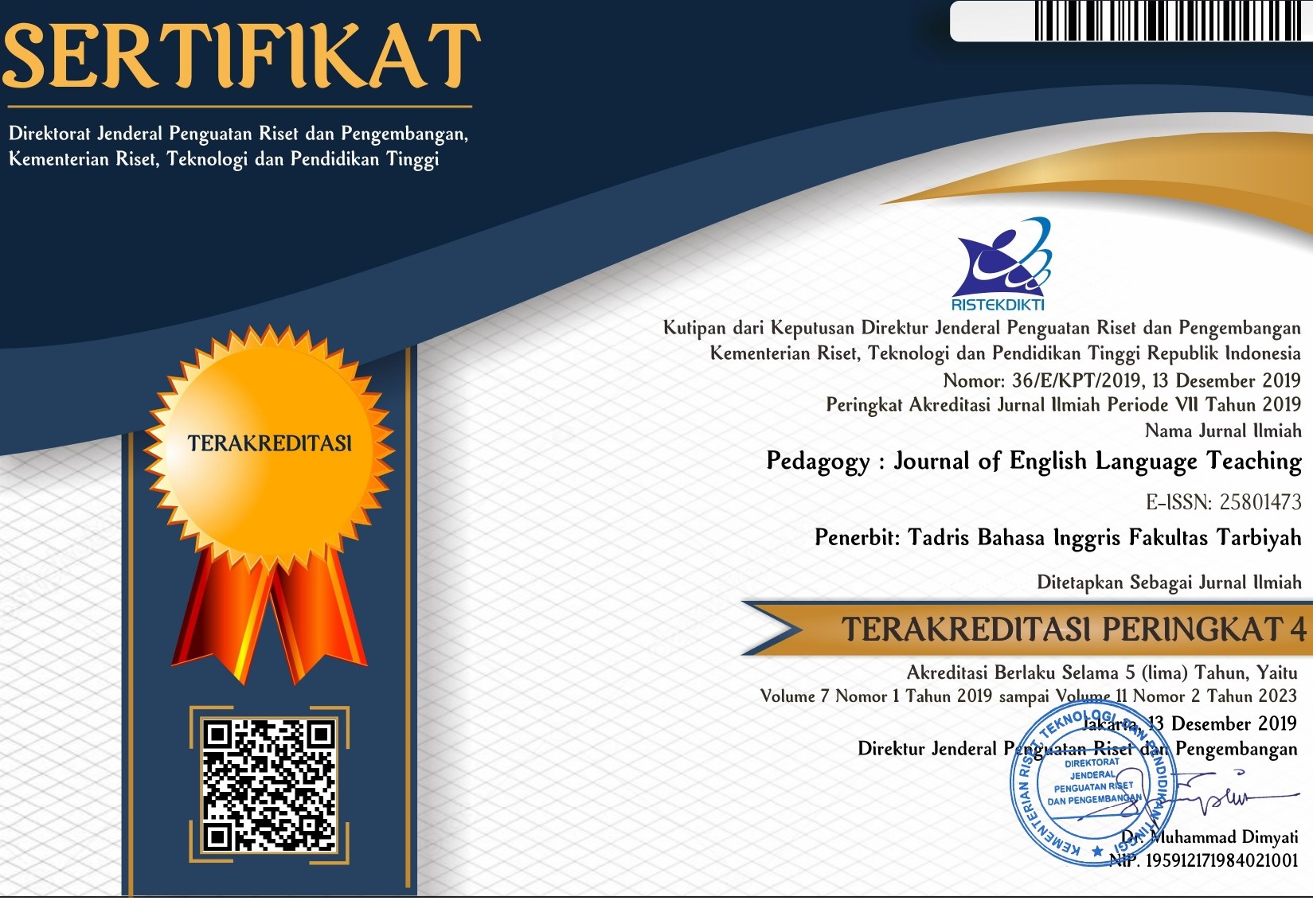The Influence of Biography-Used to Students' Personalities in EFL Classroom
DOI:
https://doi.org/10.32332/pedagogy.v7i2.1607Keywords:
Biography, Character, Character EducationAbstract
Students’ personality is one of the factors that have an influence on students’ achievement. Beside good achievement, the good personality of the students is one of the goals of the learning process. The use of biography in the teaching-learning process can help the teacher to know the students’ personalities. The objectives of this research are: (1) to find out the outstanding characters of biography the students read; and (2) to explore the influences of the biography on the students’ personality. The method used for the research was descriptive qualitative research. The subject of the research was the fifth semester of English department students in the academic year of 2016/2017. The data of this research were collected through closed and opened questionnaires. The data of this research were analyzed through data reduction, data presentation, and conclusion drawing. The findings of the research revealed two major points consisting of (1) eight outstanding characters ranging over the rates the students found by reading biography; and (2) the influences of biography to the students’ personality to be better. To sum up, the English lecturers who teach English prose are supposed to use biography as the main media because through biography the students can learn various characters of famous figures to be successful. In addition, biography can influence the students’ personalities to have more positive behavior.















